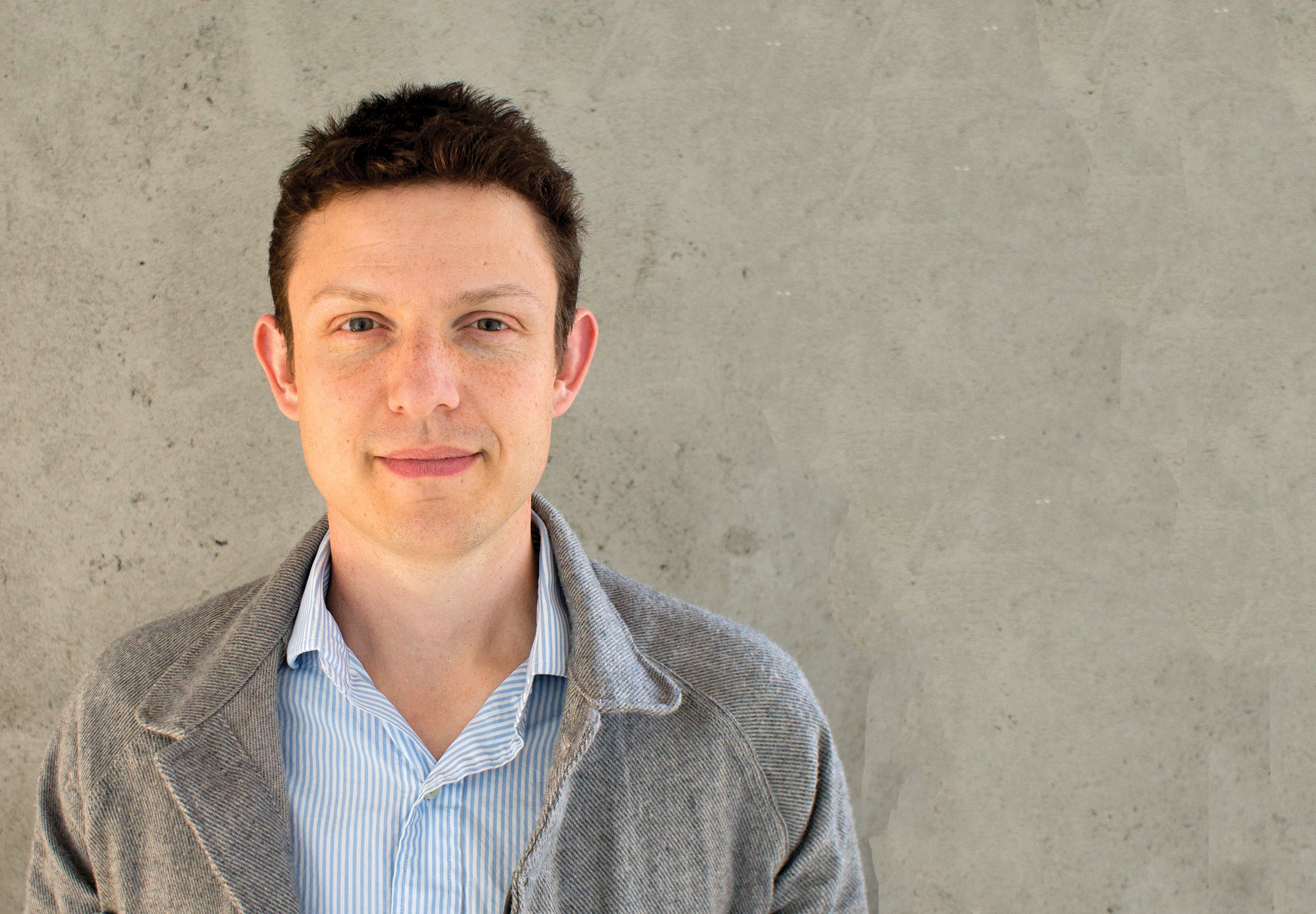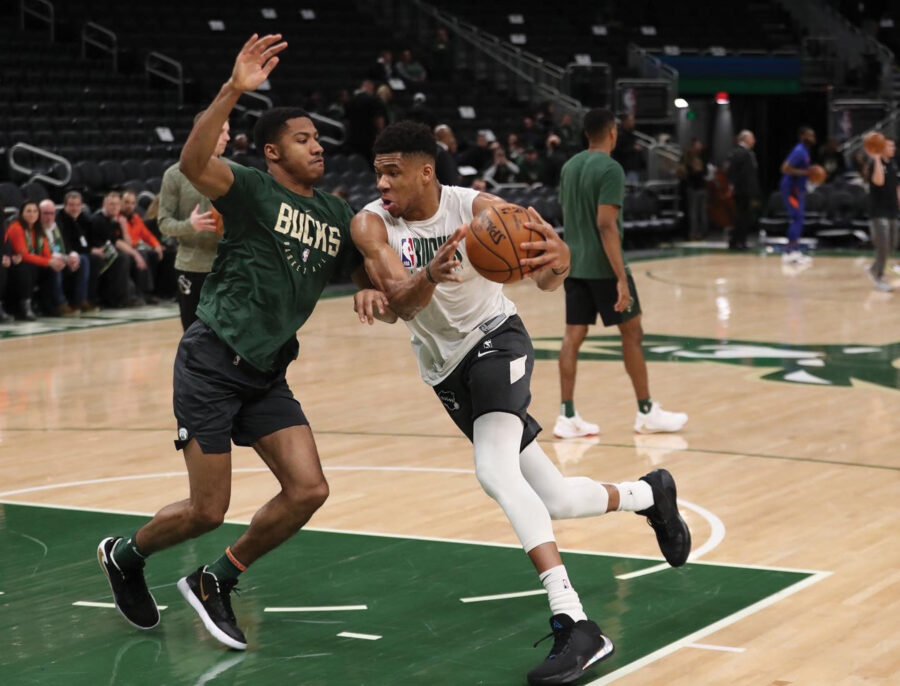READY FOR THE NEXT PANDEMIC? Q&A WITH BEN OPPENHEIM ’02

Ben Oppenheim ’02, a senior scientist with Metabiota, a start-up focusing on epidemiological modeling and epidemic risk preparedness, was recently invited to participate in a workshop at the National Academy of Medicine devoted to pandemic preparedness.
“The goal of this group was to provide a set of arguments for investing in pandemic preparedness, especially in poor and developing countries,” he said. “To some people, this might seem like discretionary charity. There’s a moral case for aid: It saves a lot of lives in poor countries. But diseases spread. So we make the argument that helping poor countries manage the risk of disease outbreaks should also be viewed as an investment in our collective well-being.
“We need to invest in health and we need to have a humanitarian lens on it, without making the poorest and most vulnerable among us seem like a threat,” he says. “That can be a tricky balance.”
After the workshop, Oppenheim and his colleagues wrote an article that was published in Lancet Global Health. He spoke with Wesleyan about his work in epidemiological modeling and international preparedness.
Q: How would you rate our response to Ebola?
A: At one point a case was detected in Lagos, Nigeria, and field epidemiologists I knew turned pale. Lagos is a megacity—an enormous metropolitan area, with lots of travelers and trade. Disease transmission could have been explosive. It wasn’t, in large part because the Nigerian government had experience doing contact tracing—developed during international efforts to stamp out polio—and they were able to stop the transmission chains. Populations in Sierra Leone, Liberia, and Guinea, however, were hit very hard. We should have mobilized a lot more money and a lot more clinicians much sooner, but basically the system worked.
Q: How does the Zika threat compare?
A: Zika doesn’t kill, but its association with birth defects has caused a lot of fear and economic disruption. I would worry that with climate change we’re going to see the movement of diseases such as Zika into new regions. We saw this with West Nile, which turned out to be less significant than people thought—but we’ll start to see the emergence and movement of diseases that are scary, that have large-scale health and societal consequences. We have to think about what investments we’re willing to make to stop them.
Q; Do you see upcoming threats?
A: The basic international infrastructure to detect and respond to outbreaks is being systematically underfunded. That’s a problem. If we don’t deal with it, we’re likely to get surprised by the next pandemic, giving the disease more time to spread. The kind of money needed to fix this is basically equivalent to a rounding error in military budgets.
Flu is our most consistent pandemic threat. Novel strains show up with historical regularity, and some of them are virulent and deadly. In 1918, influenza killed more people than World War I—and we know that even the number we have is underestimated, because we didn’t count all the deaths in developing countries.
Q: What do you say to people who tell you, “I never get a flu shot.”
A: Get a flu shot. It lowers your risk from seasonal flu, and it just helps to get in the habit and mindset of prevention. When the next flu pandemic comes—and it will come—its severity is going to depend in part on how quickly we can get flu vaccines developed and distributed. Public awareness and willingness to get immunized will be hugely important.
Q: What keeps you up at night?
A: I work with the Institute for the Future, which coincidentally was born in Middletown, and I spend a lot of time thinking about the stresses that are building on our governing institutions: declining public trust, climate change, political and social volatility. I’d expect more instability and more political turbulence in the next decade, and probably, as a consequence, less ability to respond to these other stressors, like flu, like another outbreak. That’s the thing to watch.
(Photo by Liz Oppenheim ’02)

